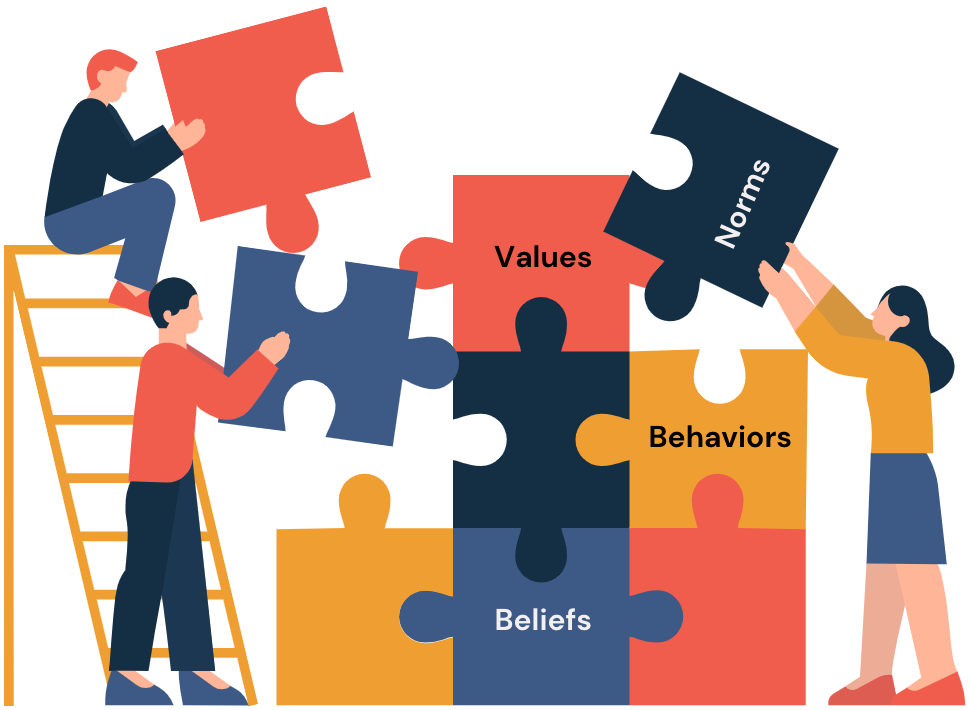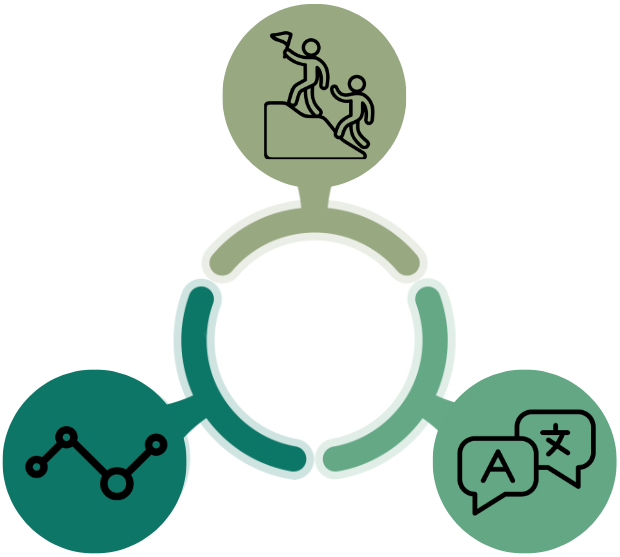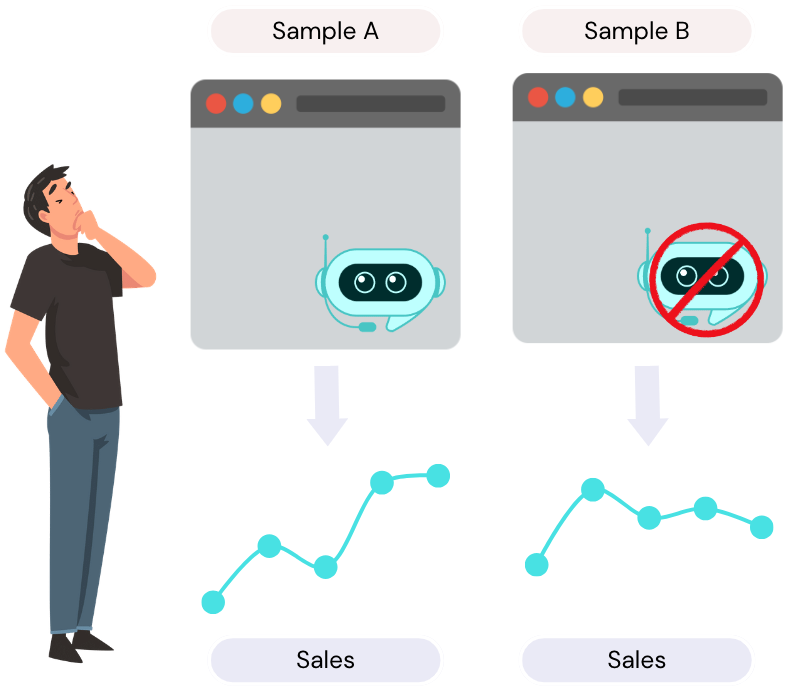Cultivating a data-fluent culture
Data Fluency

Konstantinos Kattidis
Data Analytics Lead
The meaning of a data-fluent culture
- Organizational culture encompasses the shared values, beliefs, behaviors, and norms
- A data-fluent culture creates an atmosphere where data is:
- Valued
- Understood
- Utilized for decision-making

The pillars of data-fluent culture
- Organizational leadership
- Shared language and understanding of data
- Integration of data into everyday habits and processes

Leaders setting the expectations

- Leaders play a pivotal role in shaping the organization's perception of data
- They illustrate how data can be leveraged
- They establish the standards for quality data communication and encourage others to follow suit
Leaders promoting effective data use
- Leaders celebrate and recognize successful data usage and outcomes
- They encourage questions and experimentation of business ideas with data
- They provide constructive feedback to help employees align their actions with the organization's data-driven values

Leaders ensuring continuous training and support

- Leaders make sure that all employees receive the necessary training and support
- This includes targeted training programs to keep them updated with the latest data practices and tools
Shared language and understanding of data
- Data has its own language, shaped by an organization's industry, history, and unique circumstances
- A data-fluent culture strives to establish a common understanding of terms, calculations, and data sources
- This shared language:
- Eliminates debates over terminology
- Ensures that discussions focus on actionable insights

Integration of data into habits and processes
- A data-fluent culture is defined by its behaviors
- Key metrics are readily available and integrated into meetings
- Measuring the performance of new projects, ideas or products becomes second nature
- For example: using experimentation to assess a chatbot's impact on customer satisfaction and sales

Data-driven decisions

- A data-fluent culture encourages individuals to base their decisions on data-driven insights and evidence
- This culture also extends to hiring and employee evaluations, where data fluency skills are desired and valued
Let's practice!
Data Fluency

